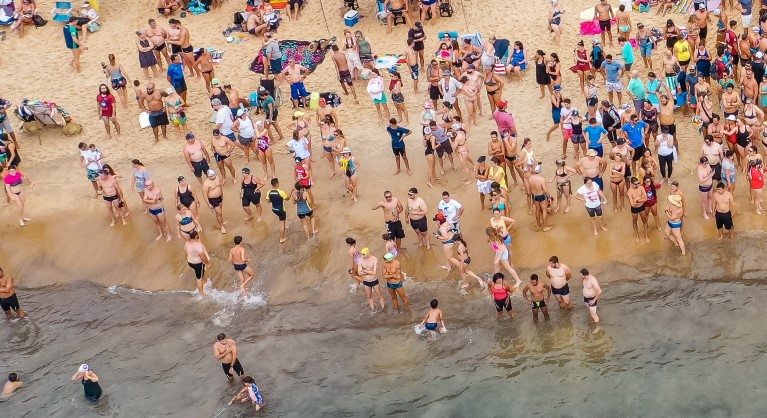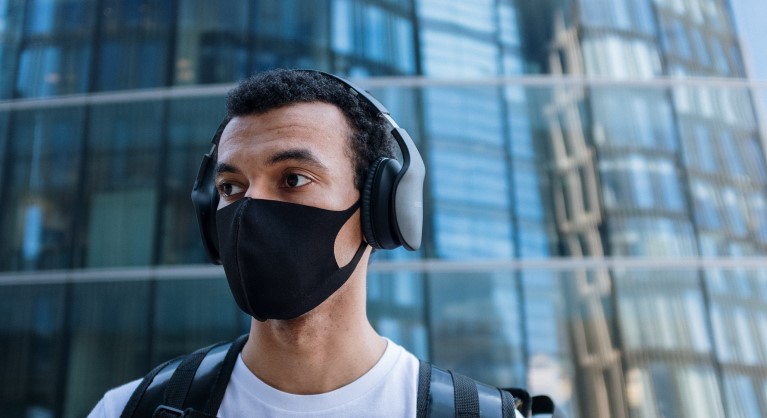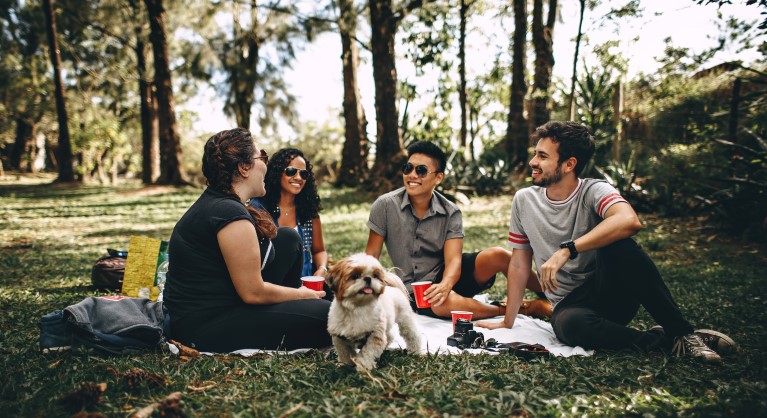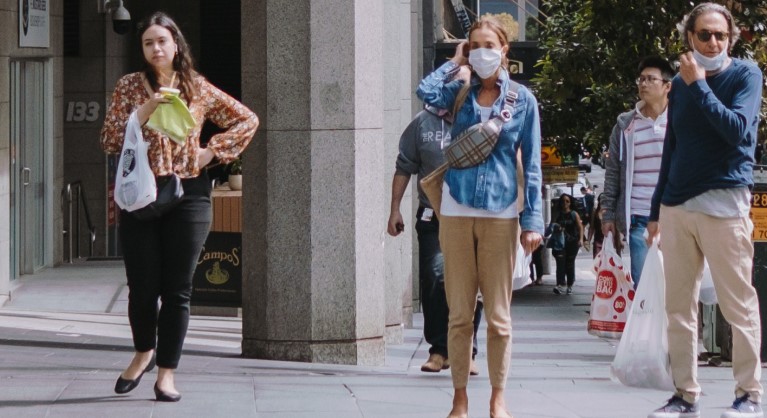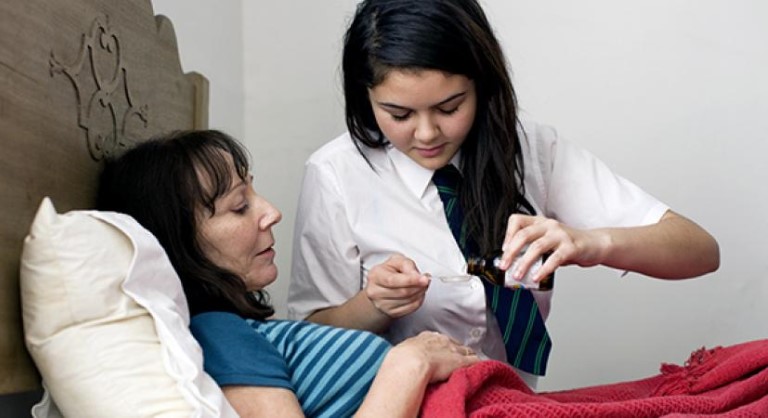Behaviour and society in a time coronavirus
They think it's all over: Recent government messaging and public behaviour
In recent weeks people have been flocking to beaches, illegally camping and hosting street parties. With pubs open again, disregard for social distancing has increased. But the UK is far from free of coronavirus. So why are we taking COVID-19 risk less seriously now? Dr Kieran File from the Department of Linguistics thinks some government messaging could be lulling us into a false sense of security.
New study to evaluate the pressures of COVID on working-class women
Learn how Warwick researchers are collaborating with the University of Nottingham to explore the impact on COVID-19 on working-class women in the UK. In order to create a detailed picture of how working-class women respond to pressures imposed by the virus, the research will examine financial, domestic and health difficulties during the virus.
Will face masks become the new normal in Europe?
Many European countries have now introduced the compulsory wearing of face masks in certain settings - such as shops and hairdressers. Prior to Covid-19, mask wearing was uncommon in Europe. As such, a person wearing a mask in public required explanation, as it went against cultural expectation. With COVID-19 changing many aspects of our lives, we examine shifting perceptions, and how likely mask wearing requirements are to be followed.
Informing London's response to Covid-19 lockdown
London is a particularly complex and varied environment in which to understand how the pandemic has affected people’s lives. Our researchers at The Alan Turing Institute are delivering crucial insights to help London authorities plan for the future after lockdown. The project will provide a picture of behaviour by comparing to normal levels of activity to activity during lockdown, and supply details of changing behaviour.
Could releasing young adults first be best route out of lockdown?
Releasing people aged 20-30 who no longer live with their parents could provide first step out of UK’s lockdown. Young adults aged 20-30 could become increasingly restless over time and flout the lockdown restrictions, creating a domino effect that undermines public safety. The proposed strategy could help policymakers balance the health risks of the virus, and the need to avoid an “extraordinary recession.”
Behavioural science and responding to the pandemic
Professor Ivo Vlaev from WBS is part of the COVID Behaviour Change Unit advising the NHS. The unit embeds behavioural science into policy decisions, and uses research to aid social distancing compliance. His research and expertise in applying behavioural science insights or ‘nudges’ to alter people’s behaviour in health situations has become invaluable during the crisis, as the UK tries to enforce social distancing.
Young person - big responsibility: Young carers and COVID-19
Despite increased awareness of and support for young carers, there is still limited state recognition of the role that many young people play in meeting the needs of chronically ill family members. While COVID-19 and the lockdown has major implications for everybody, it poses particular challenges for young carers and their families, explains Dr Michael Wyness from the Centre for Education Studies.
The challenges of pandemics in prisons
Jails are high-risk environments for disease. Prisoners are particularly vulnerable – coronavirus spreads rapidly in conditions of overcrowding, and many prisons have limited healthcare and poor hygiene. Enhanced cleanliness and the early release of inmates are now being considered. The crisis also reminds us of the vulnerability of institutionalised populations when epidemic disease takes hold.
The war on COVID-19: Lessons from wartime
Many people have likened the war on COVID-19 to World War II. The pandemic is changing the way of life of every family worldwide, in a way quite unlike 9/11 or a recession. Our world after COVID-19 will be more nervous, more prepared, and less globalised and interlinked. What are the similarities in challenges facing governments now and at the start of World War II, and how have past governments have coped with unprecedented and lasting change?

